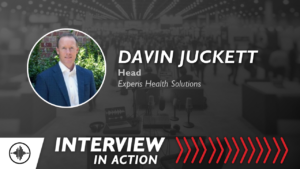Big Tech companies continue to assist health systems with their digital transformations. Here are nine collaborations from the past month.
1. Nashville, Tenn.-based HCA Healthcare said Aug. 29 it started using generative artificial intelligence technology from Google to document emergency room visits and speed up nurse handoffs.
2. New Orleans-based Ochsner Health said Sept. 18 that 100 of its physicians will use Microsoft's Azure OpenAI within Epic to asynchronously draft replies to patient messages.
3. Amazon and Milwaukee-based Froedtert Health teamed up on a digital health app Sept. 20 powered by Amazon Web Services.
4. Edison, N.J.-based Hackensack Meridian Health said Aug. 29 it is expanding its partnership with Google Cloud to use its generative AI tools to reduce administrative workload, support clinical decision-making and personalize the patient experience.
5. Rochester, Minn.-based Mayo Clinic said Sept. 8 it created an AI algorithm that can take electrocardiogram data from an Apple Watch and predict if a patient has a low ejection fraction.
6. Dozens of hospitals and health systems — including Los Angeles-based Cedars-Sinai and Kettering Health Dayton (Ohio) — are using Meta's virtual reality headsets to train clinicians on complex procedures, CNBC reported Sept. 9.
7. YouTube said Sept. 7 it is partnering with content creators including Somerville, Mass.-based Mass General Brigham to make health information available to more people through AI.
8. Leaders from Cedars-Sinai and Danville, Pa.-based Geisinger joined a Microsoft Health executive Sept. 7 to advise a new generative AI collaborative from Avia.
9. Ochsner Health said Sept. 8 it is using a built-in Apple Watch app to track falls and provide support for medical responders.














